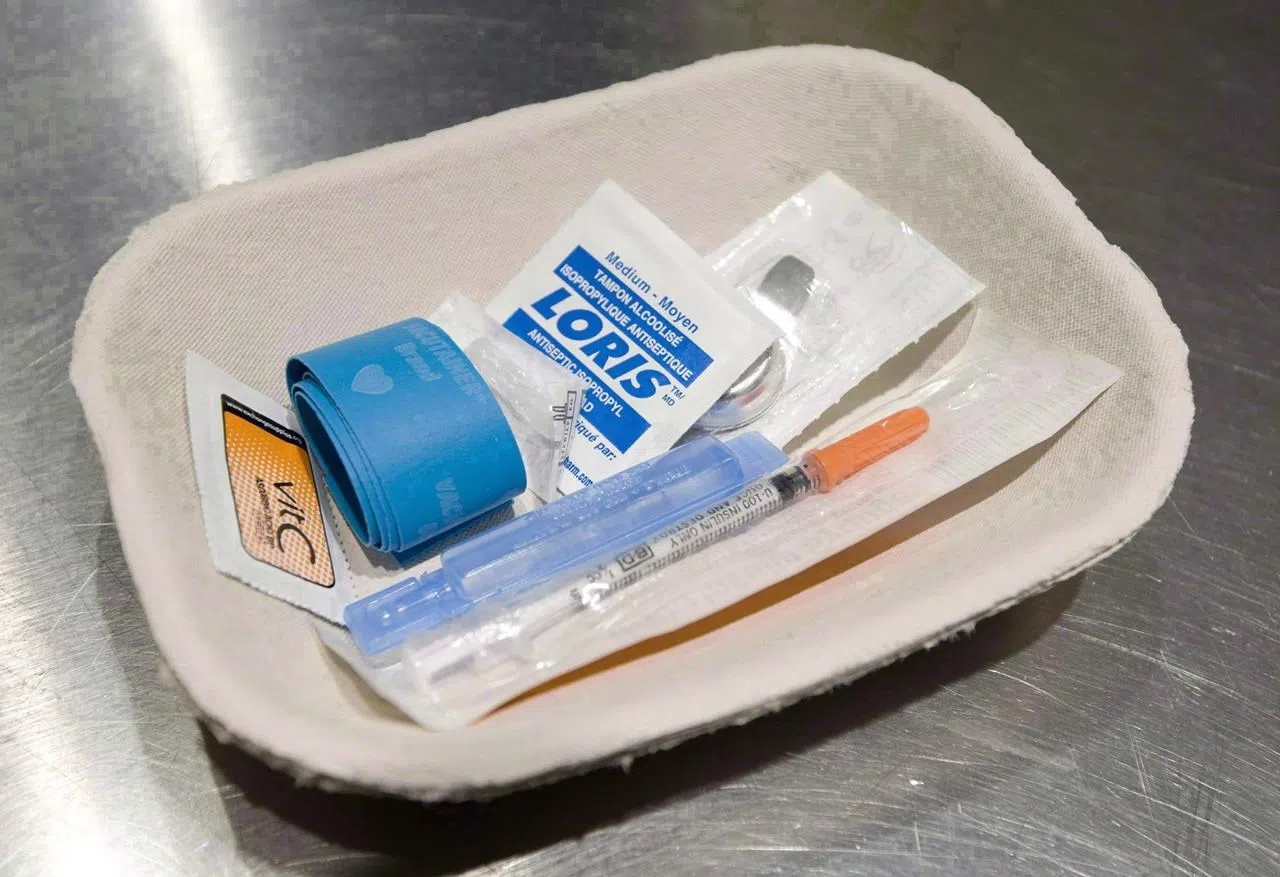
Federal government approves three supervised injection sites in Montreal
OTTAWA — Health Canada has authorized three supervised injection sites in Montreal as the federal government looks to address the opioid crisis.
One site will be located in Montreal’s Hochelaga-Maisonneuve district and two will be in Ville-Marie, the department said Monday.
“This will have an important impact and it will absolutely save lives,” Health Minister Jane Philpott said outside the House of Commons.
Montreal Mayor Denis Coderre, a former Liberal cabinet minister, has been a longtime advocate of supervised injection sites for his city and raised the issue during the last federal election campaign.


